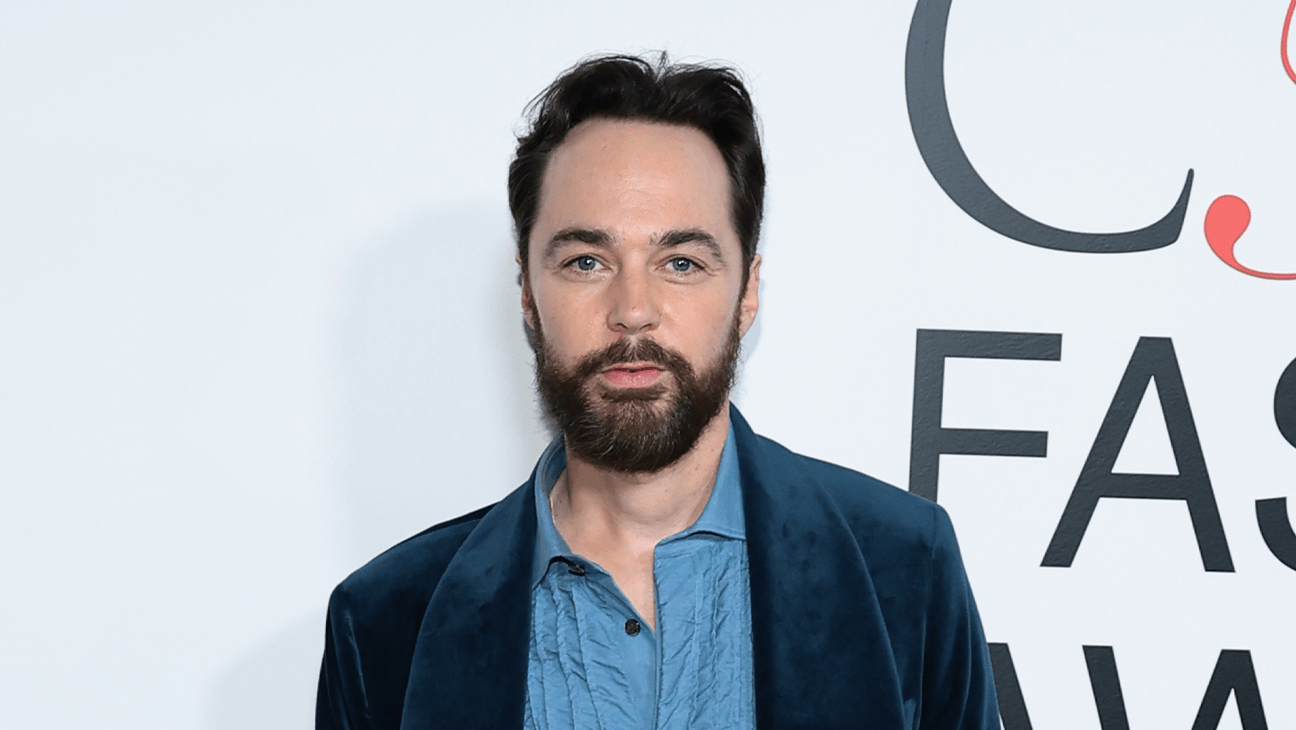UPDATE: Jim Parsons is vocally condemning the Trump administration for its decision to shut down the 988 National Suicide & Crisis Lifeline’s specialized service for LGBTQ youth. This critical hotline, which provided tailored support for young LGBTQ individuals, was abruptly ended on July 17, sparking outrage among advocates and allies.
During an appearance on MSNBC’s The Weekend, Parsons described the closure as “quite literally criminal,” emphasizing the harmful impact this decision has on vulnerable youth. “There’s no good reason for it,” he stated, underscoring the severity of the situation.
Since its launch in September 2022, the LGBTQ service has assisted over 1.4 million callers, providing essential support during times of crisis. Now, those seeking help can no longer simply “Press 3” for specialized LGBTQ support, significantly reducing their access to necessary resources.
Parsons, who is openly gay and married to Todd Spiewak, expressed deep concern over the implications of this decision. “It feels like it’s only being done in order to make a point,” he said, highlighting the message sent to LGBTQ individuals that they are “not welcome.”
In response to the backlash, the Substance Abuse and Mental Health Services Administration (SAMHSA) released a statement assuring the public that all who contact the 988 Lifeline will still receive assistance from culturally competent crisis counselors. However, many critics argue that without the dedicated LGBTQ service, the unique needs of these individuals may not be adequately addressed.
The closure of this hotline poses a significant risk to the mental health of LGBTQ youth, who already face higher rates of suicide and mental health issues. Advocates are calling for immediate reinstatement of the service and raising awareness about the urgent need for tailored mental health support.
As this situation develops, the LGBTQ community and its allies are rallying to demand accountability and action. The emotional toll of losing such a vital resource cannot be overstated, and many are urging others to share their stories and experiences to highlight the importance of accessible mental health services.
What happens next remains uncertain, but the public outcry continues to grow. Advocates stress the necessity of supporting LGBTQ youth, especially during these challenging times.
Stay tuned for further updates as this critical issue unfolds.
